Search Results
Showing results 1 to 11 of 11
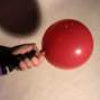
Valves and Pumps: A Demonstration
Source Institutions
This is a demonstration you can use to show learners how valves and pumps work in concert to move blood through the circulatory system.
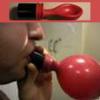
Under Pressure: Your Blood Pressure
Source Institutions
During this lesson, learners will determine their blood pressure and learn about systolic and diastolic pressures.

Artificial Intelligence: The Intelligent Piece of Paper
Source Institutions
This activity explores what it means for a computer to be intelligent and introduces the topic of what a computer program is and how everything computers do simply involves following instructions writ
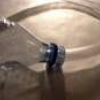
Sounds of the Heart
Source Institutions
In this activity, learners will investigate the sounds of the heart.
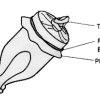
Lung Model: Make a Lung and Diaphragm
Source Institutions
By building a model of a lung and diaphragm, learners discover the function of various parts of the body's respiratory system.
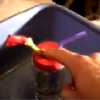
The Heart as a Pump
Source Institutions
Learners will build a homemade pump using a balloon, a mason jar, and some straws.

The Turing Test: Conversations with Computers
Source Institutions
This activity aims to stimulate discussion on the question of whether computers can exhibit “intelligence,” or are ever likely to do so in the future.
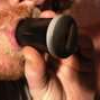
Lub Dub: Make a Heart Valve
Source Institutions
Learners will construct a model of a heart valve using a film canister, a piece of masking tape, and a piece of paper.
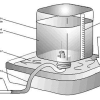
Catch Your Breath: Build a Spirometer and Measure your Lung Capacity
Source Institutions
In this activity, learners will measure their lung capacity by making their own spirometer. Learners will then explore factors that affect the amount of air the lungs can hold.
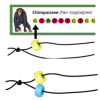
Sequence Bracelets
Source Institutions
In this craft-based activity, learners make DNA sequence bracelets that carry the code of an organism such as a human, trout, chimpanzee or butterfly.
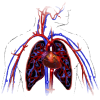
Keeps on Pumpin': Your Heart
Source Institutions
In this activity, learners explore the great pump in their chests--the human heart!
